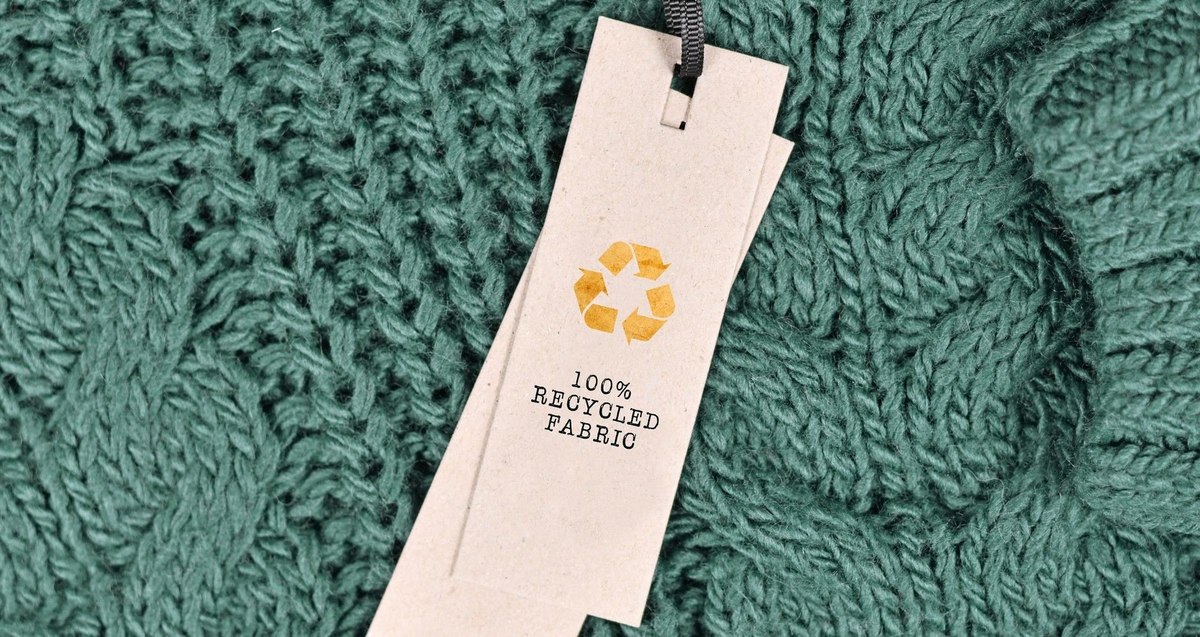To what extent do sustainability labels make consumers more likely to purchase a fashion item in Australia?
In Part 2 of our three-part series on Sustainable Fashion in Australia, we explore the extent to which sustainability factors into the purchase considerations of Australians who are shopping for fashion items.
Scroll to the end of the article to see links to Parts 1 and 3 of our national survey on consumer sentiments towards Sustainable Fashion in Australia.
To what extent do Australians consider sustainability when buying fashion items?
Latest research from YouGov Surveys reveals that under half (46%) of consumers say seeing a fashion item marked as “sustainably-made” or similar makes them more likely to purchase it.
Such green labels have greater clout among younger consumers. While over half of Gen Z and Millennials are more likely to buy fashion items that have “sustainably-made” labels, two-fifths or less of Gen X and Baby Boomers say the same.
Among consumers in Australia’s three most populous states, residents of New South Wales are most likely to be drawn to sustainably-labelled fashion items – at around half (51%) – ahead of residents of Victoria and Queensland.
When asked about the top three most important factors when buying fashion items, price emerged as the top consideration for most consumers (78%), ahead of fit / style (57%) and craftsmanship / material quality (56%).
Just one in five (21%) consumers say that environmental sustainability / brand ethics is among their top three considerations when shopping for fashion items. This was broadly comparable across generations – although sustainability considerations are relatively highest among Millennials at almost one in four, and lowest among Baby Boomers at around one in six.
Why isn’t sustainability a top consideration for most Australians when buying fashion items?
Among consumers for whom environmental sustainability is not among their top three considerations when buying fashion items, four in five (80%) say financial pressures brought about by a challenging economic climate has led them to prioritise price over sustainability.
Meanwhile, when it comes to the reasons why eco-friendly labels are not among the top three things they look out for when shopping for clothes and apparel around two-thirds of such consumers cite difficulty in identifying whether fashion items are sustainably made (69%) and with verifying / being convinced of sustainability claims made by fashion brands (66%).
This article is part of our three-part Sustainable Fashion in Australia series, exploring consumer attitudes to environmental-friendly clothing, trust in brands’ sustainability claims and views on greenwashing. Explore the full study below:
➤ Part 2: How much does sustainability figure in Australians’ fashion choices?
Make smarter business decisions with better intelligence. Understand exactly what your audience is thinking by leveraging our panel of 20 million+ members. Speak with us today.
- Sign up for monthly insights on the Agencies, Retail, FMCG, Charities & Non-Profit industries here.
- Read YouGov’s latest intelligence on the Agencies, Retail, FMCG, Charities & Non-Profit sectors here.
- Explore our living data – for free.
Methodology: YouGov Surveys: Serviced provides quick survey results from nationally representative or targeted audiences in multiple markets. This study was conducted online in July 2023, with a national sample of 1,017 Australian residents, using a questionnaire designed by YouGov. Data figures have been weighted by age, gender and region to be representative of all adults residing in Australia (18 years or older) and reflect the latest Australian Bureau of Statistics (ABS) population estimates. Learn more about YouGov Surveys: Serviced.
Cover Photo by Firn









